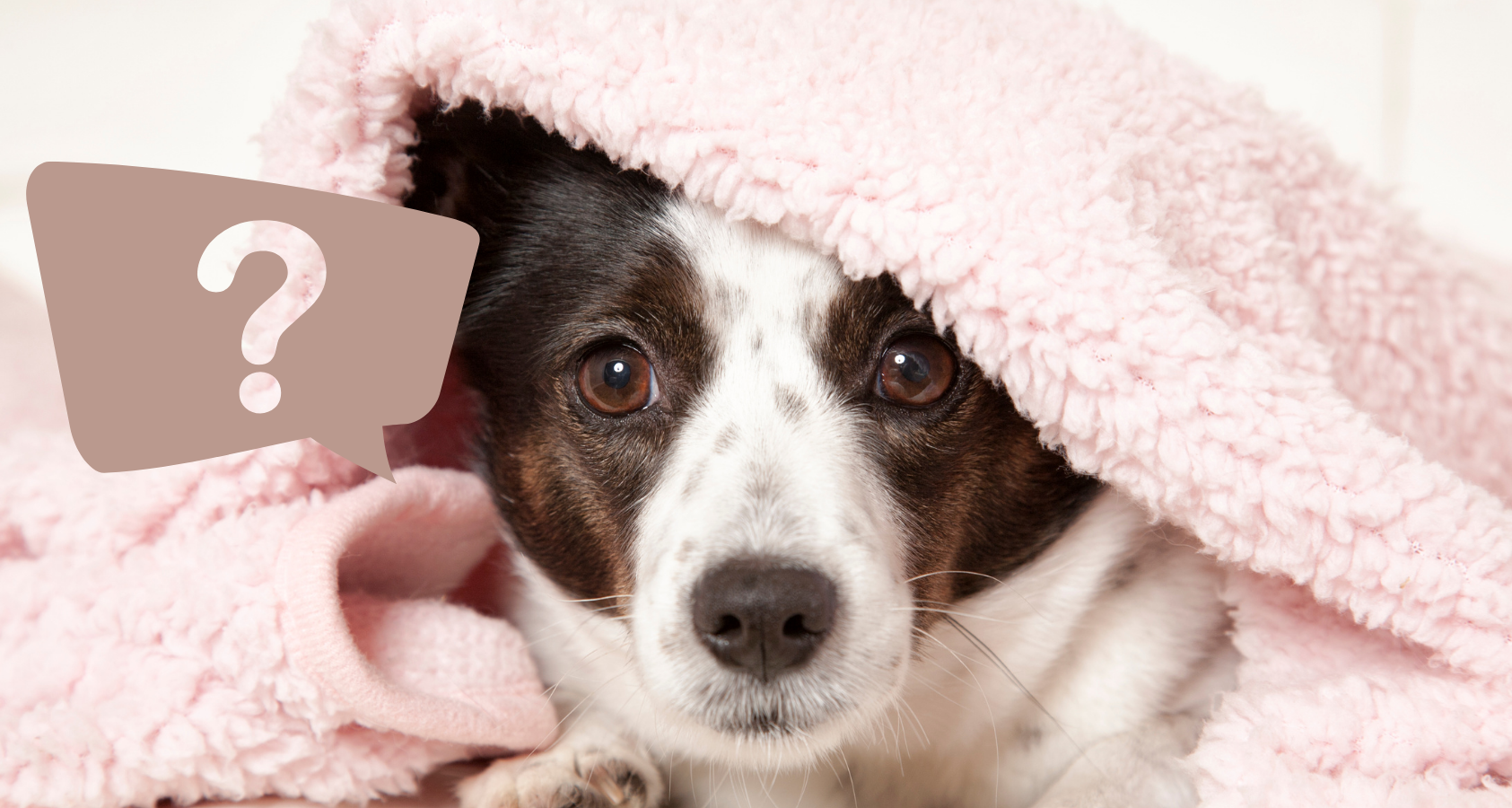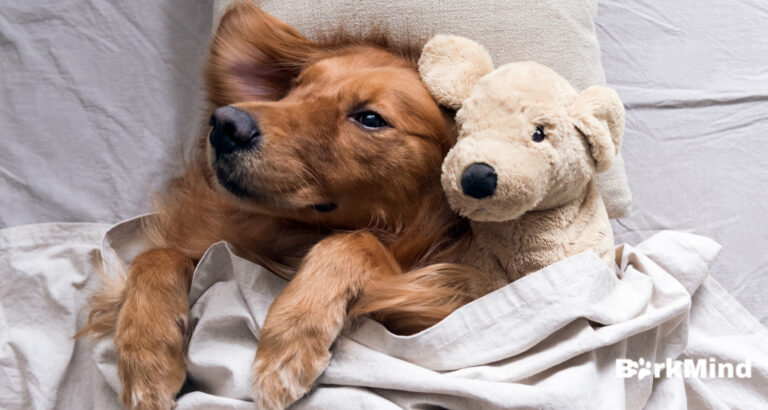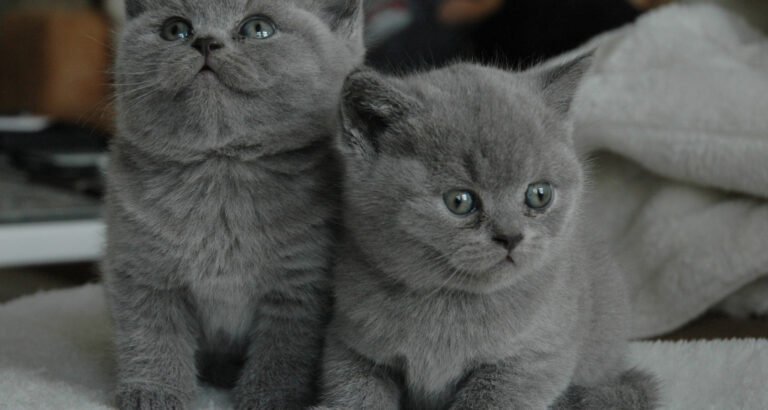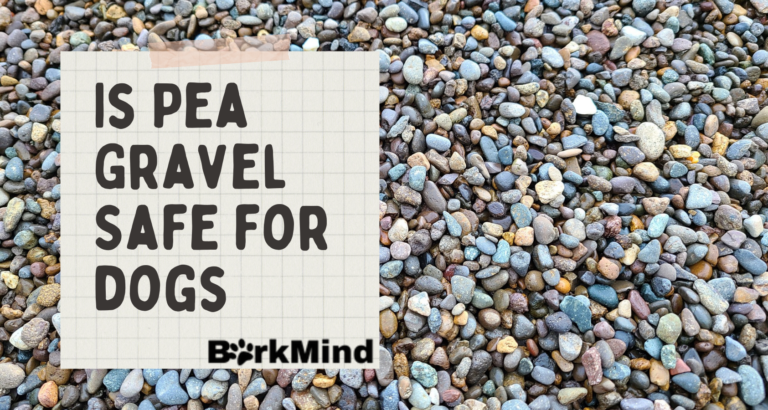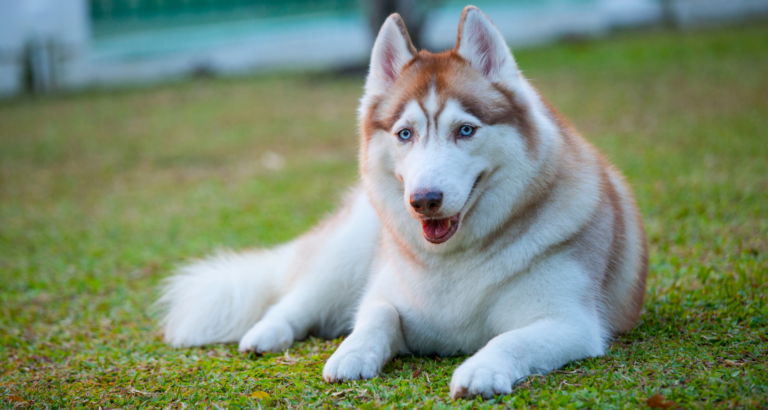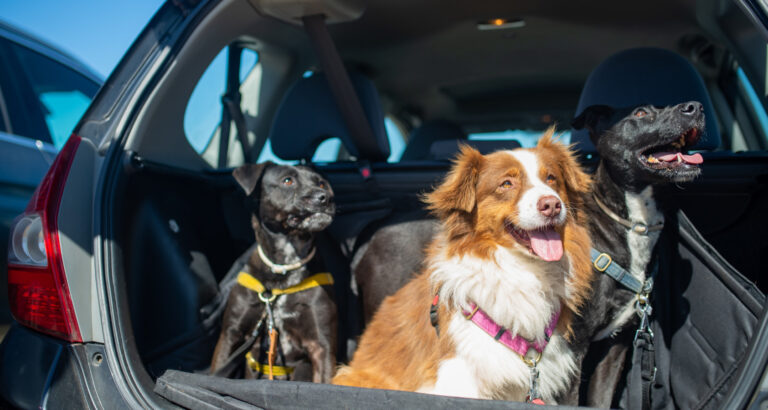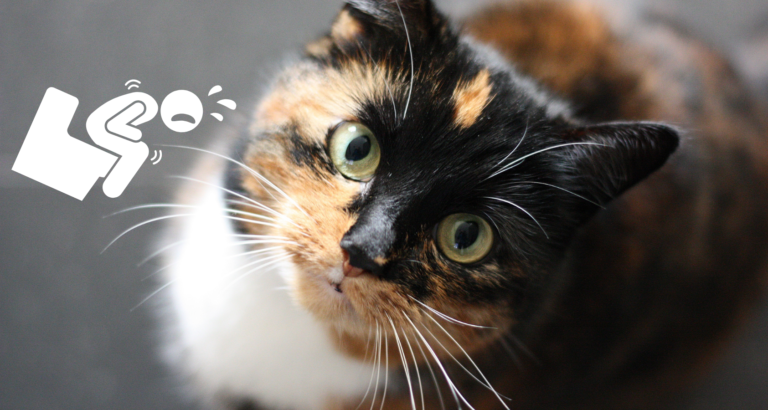Why Does My Dog Nibble on Blankets? 7 Reasons!
Last updated on March 23rd, 2023 at 07:00 am
Reading Time: 5 minutesThis post may contain affiliate links. If you click and buy we may make a commission, at no additional charge to you.
Why Is My Dog Nibbling On Blankets?
A common concern of a lot dog owners is ‘Why does my dog nibble on blankets?’ . Surprisingly a of dogs develop this habit.
Quick Answer
Dogs nibble on blankets as their natural instinct to bite and chew things. Similarly, dogs find nibbling as a relief during bored, hungry, stressed, anxious, and painful situations and a way to get the owner’s attention. While prematurely weaned dogs assume soft blankets as the next best thing to after their mothers.
You should know the exact reason why your dogs nibble and how to fix the problem to avoid mental or physical health complications. Well, below you’ll find the seven best-researched reasons for why dogs nibble on blankets and their solutions to save your dogs from future problems.
Lets’ dive right in!
Why Do Dogs Nibble On Blankets – 7 Common Reasons
1. To Kill Boredom
Dogs are curious pets, they don’t enjoy spending a full day sitting without moving. They want to engage and explore new things. If you spend most of the time out and leave behind your dog alone, boredom might set in. He finds nibbling on soft things like blankets or bedding as the only way to keep himself busy. As a result, this habit becomes permanent.
That is why managing time for your furry baby is necessary, you should plan to take him out. You can make a routine to go to the park before or after work. If you find it hard, try to ask someone to take him for a walk and spend quality time, exercising or playing.
Here are some essential things you can do to kill your dogs’ monotonous routine are:
- Play games with him
- Let him socialize at dog parks
- Have him go swimming
- Let him enjoy eating treats
2. Sign Of Starvation/Improper Diet
If your dog seems sick, becoming less active and lying around a lot nibbling on a blanket, there is every chance that he is experiencing nutritional deficiencies.
You might claim that you follow a food plan, but sometimes dog owners do not know about the nutrients and calories of that particular diet.
As a result, dogs eat well and enjoy the food, but they don’t get the essential nutrients required to keep them energized and healthy. Some dogs show hair loss, less interest in activities, fatigue, feces changes, and low energy levels that encourage them to nibble on blankets.
Different dog breeds have varying nutritional requirements, ensure to check the ingredient list on the dog food package and confirm that it contains everything your dog needs to be energetic.
– In this way, you can discourage dogs from nibbling on blankets.
3. Pain
Pups or dogs experience pain that leads them to nibble blankets. There are several reasons for the pain, but teething or allergies are the most significant.
Like babies, puppies also go through painful teething and have sore gums. If your dog does not have something to gnaw or chew to soothe his gums, he starts nibbling blankets or other soft clothing. Therefore, be vigilant and ensure your puppy has toys to chew when it comes to teething.
Secondly, dogs may have allergies to food, pollen, soaps, and their environment, resulting in scratches and nibbling. You need to identify the reason.
– If you find skin irritation the leading cause, it is best to consult your veterinarian.
4. Anxiety or Stress
Dogs are friendly pets, they are most often stressed, due to the following reasons:
- Separation anxiety
- Death of a family member
- New home
- New owner
- Loud noise
- Loneliness
When your dog faces any of these scenarios, he may get anxious and nibble on blankets plus show a decrease in appetite, howling, whining, pacing, and sleepiness to relax him. Mostly, separation anxiety happens in pets that are much attached to their owners and become stressed when their owners leave them at home. This separation could be either for the day or for weeks in which your dog becomes nervous and nibbles on his blanket. You can also expect separation anxiety when you meet your dog after so long, and he gets overjoyed.
Consulting a trainer to help your dog adapt and get out of stress is also the best solution.
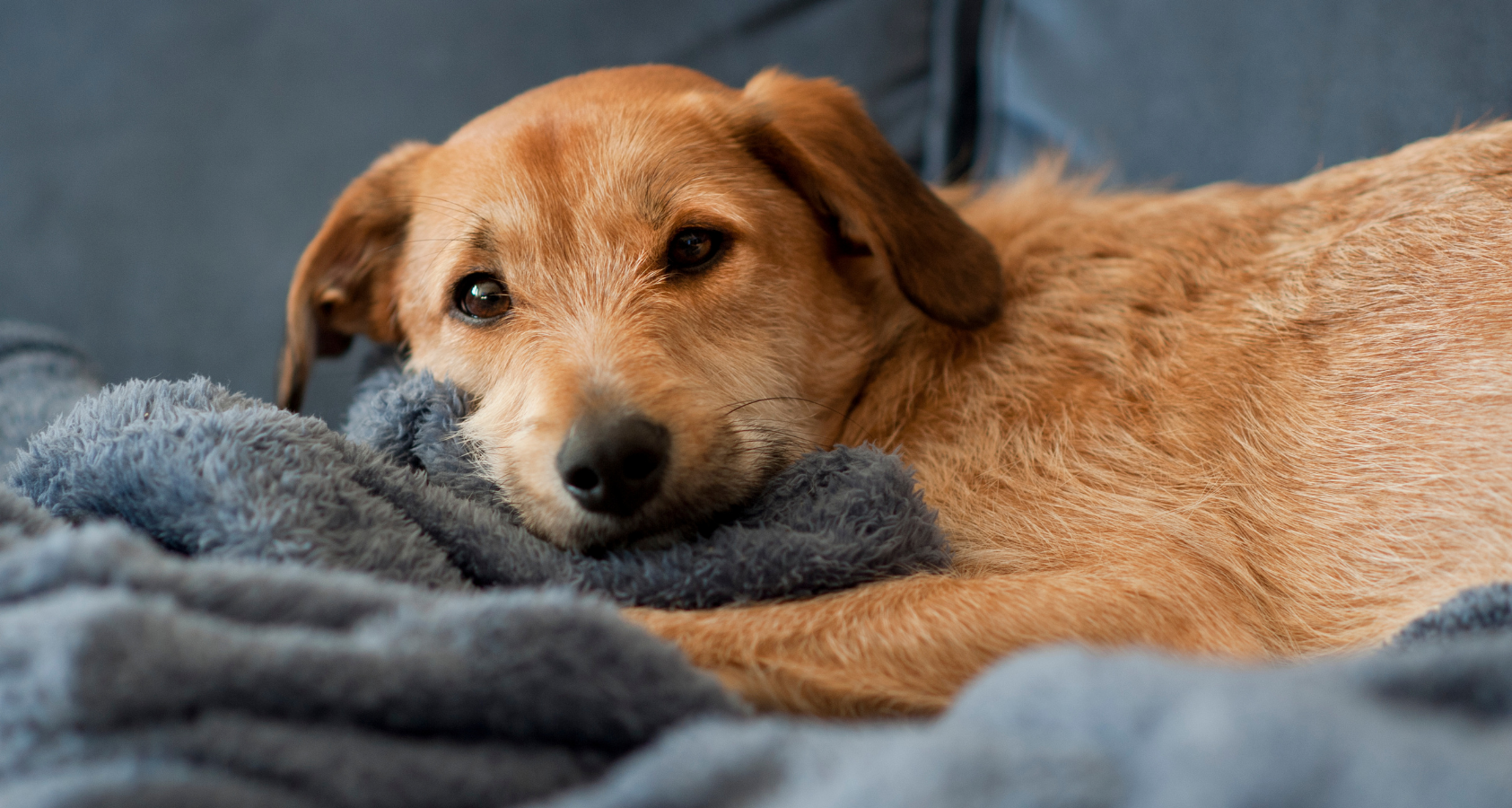
5. As a Natural Instinct
Biting and nibbling is a dog’s natural instinct, and they find it a fun activity. You most likely have noticed a litter of puppies that play and bite each other. Similarly, hunting breeds like Pointers, Dachshunds, and Spaniels have more nibbling habits due to their natural hunting desire. The biting and nibbling on blankets of large dogs is most obvious, and they do it hard. But it does not mean that small dogs are free from this activity. Their biting is not destructive and often remains unnoticed.
If there is something you don’t want your dog to nibble on, you can use bitter chew deterrent spray. The bitter taste of deterrent will stop nibbling because your dog will not enjoy the taste and will avoid taking the blanket in his mouth.
On the other hand, some dog owners allow nibbling to calm their dogs. This mainly happens with high-energy breeds like German Shepherds, who have difficulty switching energy.
6. Premature Canine Weaning
One of the most common and natural reasons of dogs nibbling is their premature weaning. Typically, puppies should remain with their mothers for at least eight weeks after birth, but this isn’t always the case. It could be either an owner who separates babies from their mothers, or sometimes it is out of anyone’s control. Whatever the reason is, prematurely weaned puppies develop some behavioral problems that are not harmful to dogs, and you can teach them in the best possible manner.
If a dog nibbling on blankets is prematurely weaned, he instinctively suckles his mother, but he finds something else to suckle on in his mom’s absence. So, he finds soft blankets and bedding as the best things to satisfy his nibbling or sucking habits.
7. Attention
The main reason why dogs nibble on blankets is due to attention. Dogs seek attention from their owners. They seek to be the main attraction, therefore when they see you’re reacting to them nibbling on blankets they continue it. Over and over. You’re reacting just encourages them to continue.
The best solution for this is to not overreact and talk to them nicely not to do it again. If they continue to try and nibble on blankets, over and over. Try distracting them or removing the blankets from places they can reach.
Conclusion – Why does my dog nibble blankets?
In conclusion, a dog nibbling on blankets primarily is to try and seek your attention. They want your time! Whether your dog is stressed or bored of your busy routine, anxious, or in pain, you can judge his condition and work to try and fix the problem.
You can see that your little affection can help dogs get rid of this nibbling habit.
About The Author
I'm a content writer and researcher. But bottom line, I loveee animals. I had my first animal which was a guinea pig at age 8. Later had a bunny, dog and a lot, a lot of fish. Writing about what I know about pets will allow me to share my knowledge and love for them with everyone else. Dealing with dogs my entire life, I know a lot.

